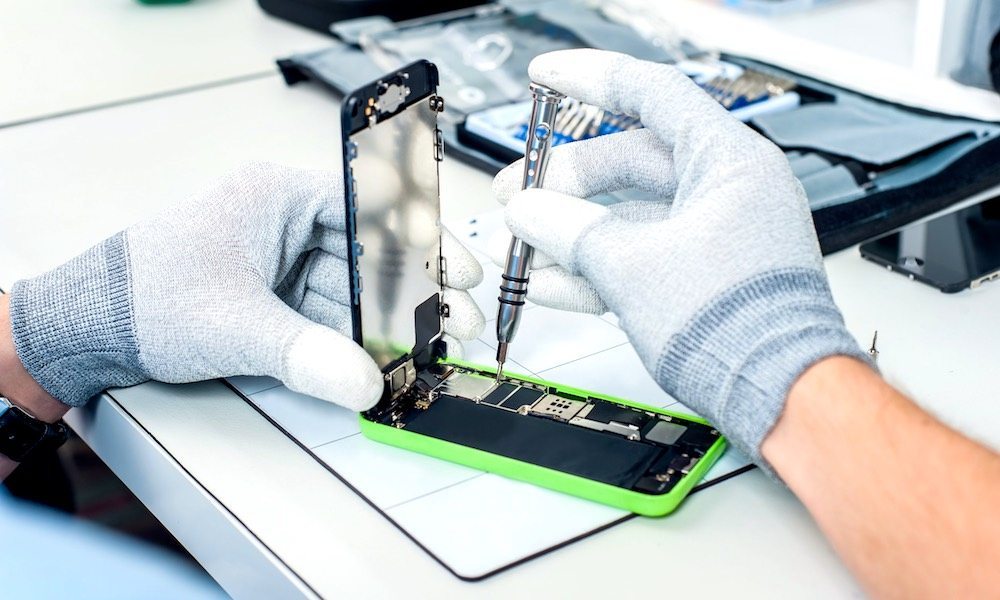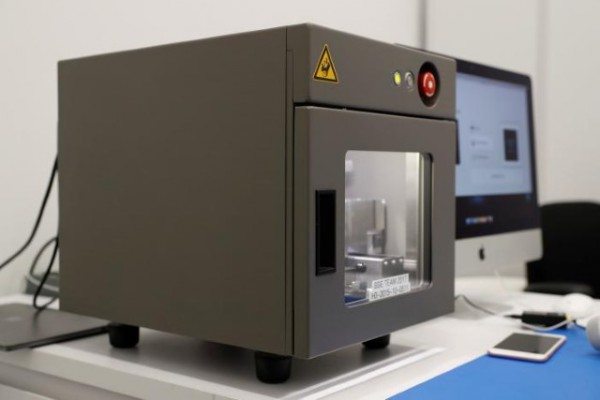Apple Deploys ‘Horizon Machine’ Granting iPhone Users More Repair Options
 Credit: Vlad Teodor / Shutterstock
Credit: Vlad Teodor / ShutterstockToggle Dark Mode
Apple customers will soon have more options for repairing their iPhones as the company plans to ship previously restricted machines to third-party repair shops, according to a new report.
Apple’s own device for repairing cracked iPhone glass, dubbed the Horizon Machine, will soon reach about 400 authorized third-party repair centers in 25 countries, Reuters reported. The machines are slated to be installed at Best Buy locations at first: reportedly, one Horizon Machine has already been deployed to one of its Miami-area stores, with another device coming soon to an Sunnyvale, California Best Buy retail outlet. Additional machines are apparently operating at third-party shops in the Bay Area, London, Shanghai and Singapore.

The Horizon Machine itself is a gray metal box that allows Apple software to communicate with newly installed hardware. Essentially, it’s a calibration machine that ensures every piece of the iPhone syncs with each other. While iPhone glass can be replaced at home or by skilled technicians, problems with Touch ID and other hardware components could render certain parts inoperable. That’s where the Horizon Machine comes in — it allows the iPhone processor to recognize replacement sensors and components. As such, it alleviates a common problem tied to Touch ID that essentially kills an iPhone’s ability to recognize fingerprints.
While Cupertino has denied that the change is a result of legislative pressure, the move does come hot on the heels of several “right to repair” laws being considered in various states. These bills would compel electronics manufacturers to sell replacement parts and service tools, as well as provide technical documentation to third-parties and the general public. Proponents of “right to repair” legislation believe it will shake up the monopoly that manufacturers have over their devices, and would lower out-of-pocket repair costs for consumers. Apple, on the other hand, has opposed such bills, stating that the legislation would open the door for “bad actors” like hackers and shoddy repair services to take advantage of the loosening restrictions.






